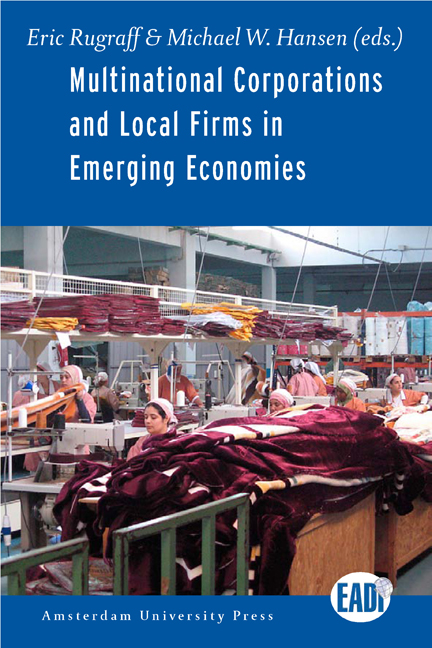6 - Scope and Effectiveness of Foreign Direct Investment Policies in Transition Economies
Published online by Cambridge University Press: 19 January 2021
Summary
Introduction
Basic questions related to government actions in attracting foreign direct investment (FDI) in general, and specifically actions related to spillover effects and knowledge transfer via FDI are: Is there a rationale and scope for specific FDIrelated government intervention and, if yes, what should it look like and how efficient it is? We will tackle these issues by analyzing the existing theoretical considerations and empirical evidence on the subject, as well as experiences of selected transition countries.
In theory, the rationale for investment incentives seems to be quite limited; economics of investment incentives are largely based on the possibility of (positive) spillovers (knowledge and technology) from foreign-owned subsidiaries to domestic firms. But, in practice, governments have created numerous policy measures to attract foreign capital and reap the benefits of both their direct impact on employment, income and growth, as well as benefits from spillover effects. Although specific foreign-investor-friendly policies cannot compensate for the lack of ‘basic attractiveness’ of a country or for an inadequate and/or business unfriendly legal, institutional and policy framework, research does show a positive link between FDI incentives and the amount of foreign capital attracted to a country, as well as the subsequent behavior of foreign investors. FDI incentives become especially important in the case of competition between similar potential investment locations. Data show that competition for FDI has increased strongly in the past two decades and so did the provision of fiscal and financial incentives for foreign investors.
The focus of the chapter is on analyzing the investment incentives policies in transition countries from the perspective of recent trends in incentives policies and their effectiveness in attracting more and better FDI. Existing studies on incentive policies of transition economies will be reviewed and their effective ness from the point of view of policy objectives, type and size of incentives, and delivery practice will be studied. Investment incentives policies of the following countries will be analyzed in a comparative perspective: Croatia, Czech Republic, Estonia, Hungary, Romania, Slovak Republic, and Slovenia. The focus will be on the behavioral incentives, targeting specific goals, like export propensity, transfer of technology, R&D activity, engaging of local suppliers and so on.
- Type
- Chapter
- Information
- Multinational Corporations and Local Firms in Emerging Economies , pp. 155 - 180Publisher: Amsterdam University PressPrint publication year: 2011

